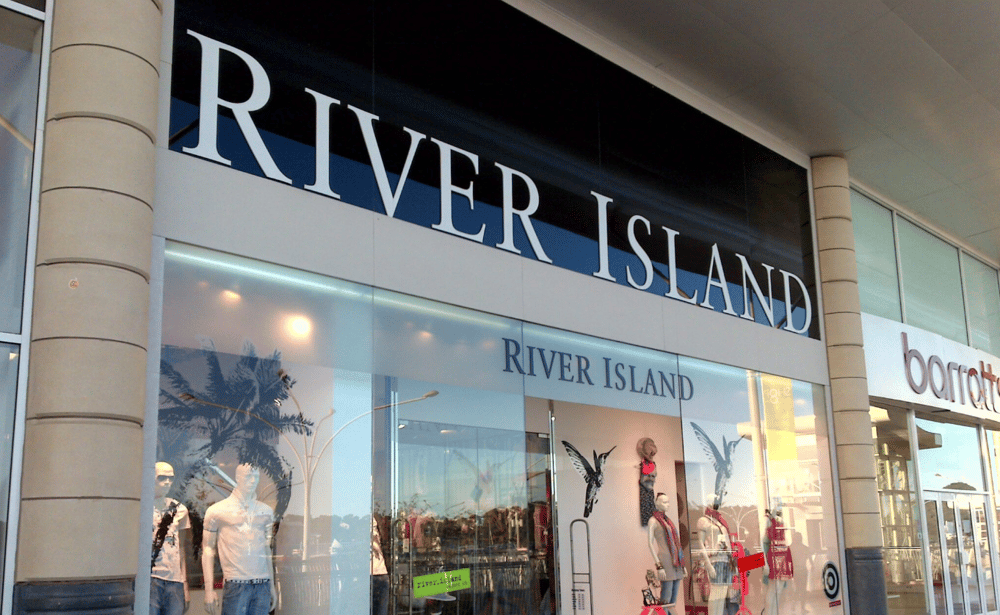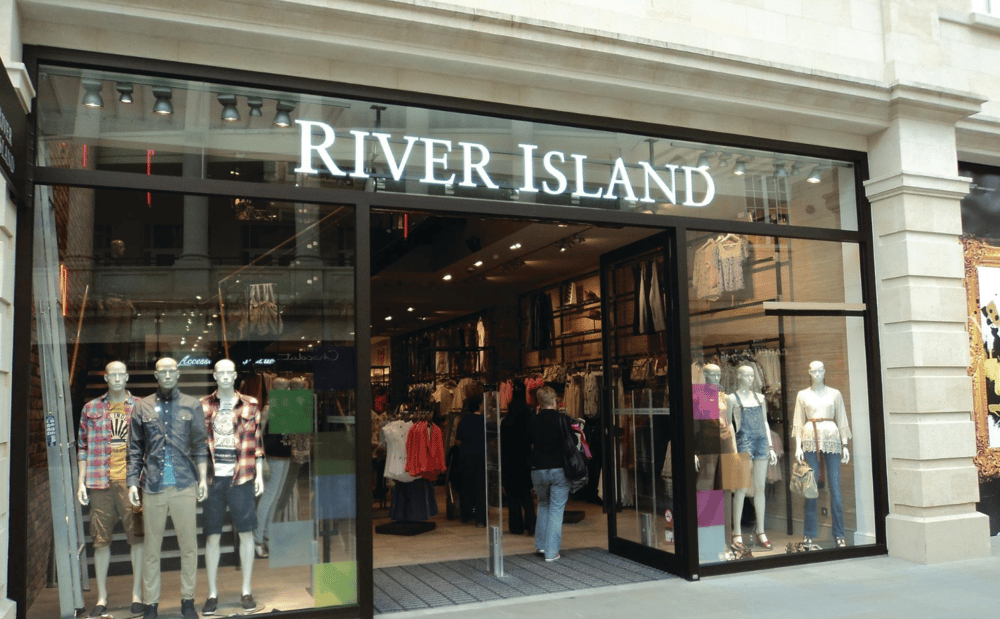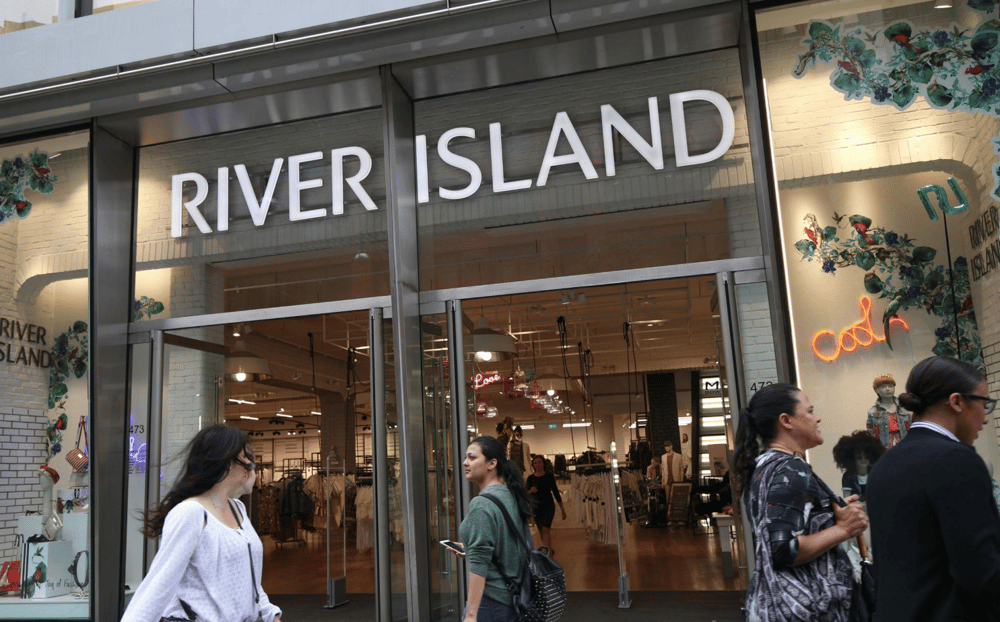River Island to Close 33 UK Stores Amid Structural Shift and Mounting Operational Costs
British fashion retailer River Island has announced plans to shutter 33 stores across the UK, a move driven by declining footfall and a strategic pivot toward digital retailing. The decision could impact hundreds of jobs and reflects mounting pressure on brick-and-mortar operations within the UK retail sector.
Online Migration Undermines Traditional Retail Footprint
As more consumers transition to e-commerce platforms, River Island's extensive physical presence has become a liability rather than an asset. The company cited a misalignment between its current store portfolio and evolving customer preferences as a key reason for the closures. Currently operating 230 outlets and employing around 5,500 people, the brand’s strategy is now focused on reducing overhead and aligning resources with demand trends. In addition to the planned closures, the company is also in negotiations to reduce rental costs on 71 additional properties, which remain at risk if cost adjustments are not secured.

Financial Pressures and Lease Restructuring Efforts
According to CEO Ben Lewis, River Island is experiencing the compounded impact of decreased in-store activity and sharply rising business costs. He noted that while the brand remains “well-loved”, its current cost base and physical store count no longer reflect consumer behavior. The company is seeking a Company Voluntary Arrangement (CVA) to renegotiate lease agreements with creditors. This legal mechanism, increasingly used by UK retailers in distress, allows businesses to restructure their debt and exit unviable lease contracts without undergoing formal insolvency.
Broader Implications for the UK High Street
The development at River Island underscores the broader retail recalibration underway across the UK. Structural pressures have intensified post-pandemic, with operational expenses, wage inflation, and energy costs compounding the digital shift in consumer behavior. Retailers with heavy physical footprints now face significant challenges in balancing omnichannel demands, while also protecting margins amid economic uncertainty.
Risk Factors in the Current Strategy
Rising operating costs: Real estate, staffing, and energy expenditures remain elevated.
Accelerated digital transition: Shoppers continue to prioritize convenience, challenging the need for widespread physical locations.
Labour market sensitivity: Store closures put pressure on employee retention and brand perception.
CVA complexities: Successful renegotiations with landlords are not guaranteed.
Sector-wide volatility: Similar brands face parallel pressures, increasing competitive risk in the mid-market fashion segment.

Strategic Outlook
River Island’s ability to execute store rationalisation while maintaining brand value and workforce morale will be closely watched. Its next moves will likely determine whether the brand can reposition effectively in a retail landscape that increasingly favors leaner, digitally enabled operations.















Comments
It's sad to see more jobs lost as retailers adapt to the new shopping era.
This shift highlights the tough reality for traditional retailers navigating the digital landscape.